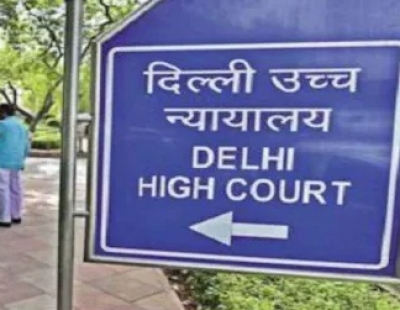
No right to choose specific school for education: Delhi HC clarifies scope of Article 21A
New Delhi, March 29 (IANS) Delhi High Court has observed that Article 21A of the Constitution is only for free and compulsory education to children up to the age of fourteen, but it does not entitle a child to insist on admission to a particular school.
This clarification came from Justice C Hari Shankar while dismissing a plea by a seven-year-old girl, represented by her mother, who sought admission as an Economically Weaker Section (EWS) student in Class II for the academic year 2023-24.
The case stemmed from the applicant being shortlisted in a computerised draw by the Directorate of Education (DoE) for admission to Class I in a specific school for the academic session 2022-23. Despite this, her admission was refused by the school, leading to a legal challenge.
Justice Shankar pointed out that the girl’s application for admission in the subsequent academic year (2023-24) as an EWS student was not made, hence her name was not included in any draw of lots for that year.
This absence of application and the subsequent draw meant she had no legal entitlement to admission in that specific academic year.
The court said that the constitutional and statutory right under Article 21A and Section 12 of the Right to Education Act (RTE) is to free and compulsory education until age fourteen, not education in a particular school of choice.
It also clarified that rights established by a draw of lots for a specific academic year do not automatically carry over to the next academic year for a different class.
Justice Shankar underlined that each academic year is considered a new session, and if a child, despite being shortlisted, does not secure admission for any reason and lets the academic year pass without legal action, they cannot claim a right to admission in the next academic year based on previous shortlisting.
While the court rejected the plea for admission to Class II in the specific school, it directed the DoE to make efforts to ensure the girl secures admission as an EWS student in Class II in another school, reaffirming the commitment to ensuring education for all under the constitutional mandate, albeit without the provision for admission to a school of choice.
